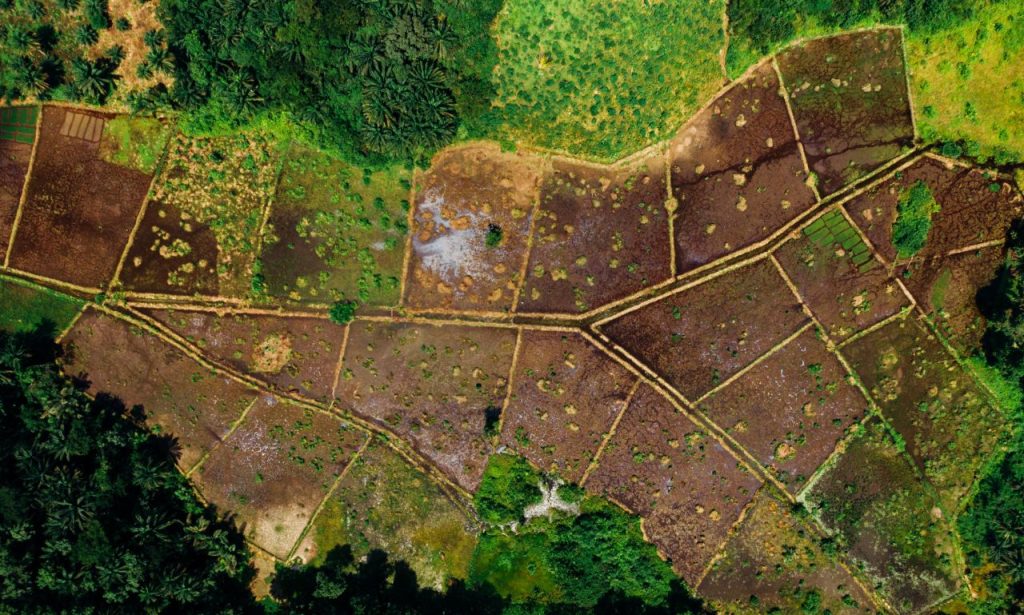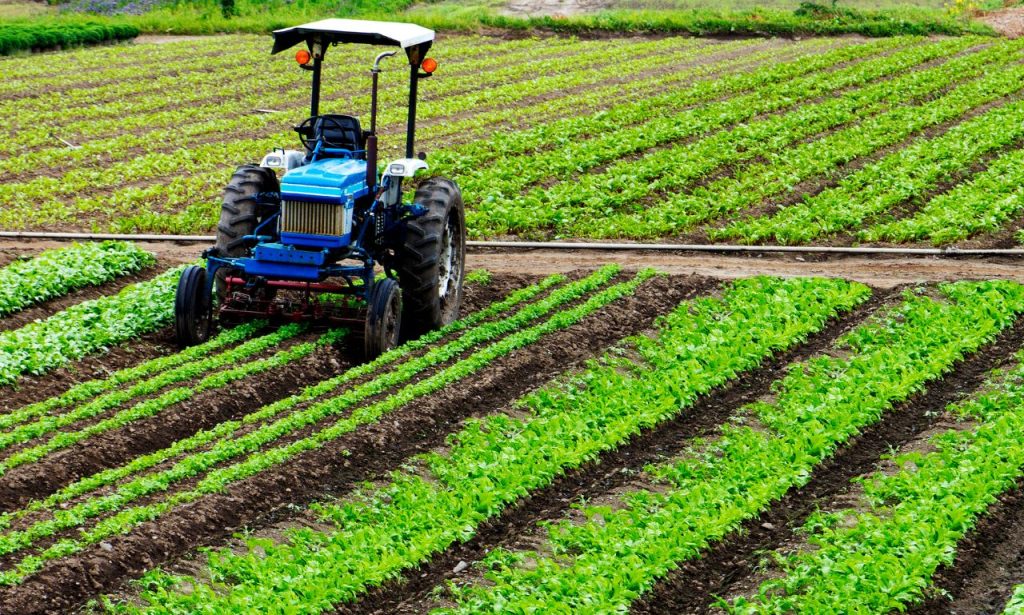Washington State, with its diverse landscapes and vibrant communities, offers a multitude of opportunities for land buyers. Whether you’re seeking a serene retreat, a bustling urban plot, or fertile agricultural ground, the Evergreen State has something to meet your needs. This guide will delve into some prime locations in Washington State, providing detailed insights to help you find the best place to buy land in Washington State. We’ll explore regions like Auburn, Cheney, Mead, and Salmon Creek, and discuss the various purposes for purchasing land, from residential to recreational use. We’ll also cover key factors to consider when choosing a region, and the different types of land available.
Prime Locations to Consider in Washington State
Auburn
Nestled in the heart of King County, Auburn is a dynamic city that presents a blend of historic charm and modern amenities. Known for its well-maintained parks, vibrant cultural scene, and strong community spirit, Auburn offers a unique blend of urban and suburban living.
Why Auburn?
- Proximity to Major Cities: Auburn is strategically located between Seattle and Tacoma, making it an ideal spot for those who want to enjoy the amenities of a big city while living in a quieter area.
- Economic Growth: With a robust economy driven by industries such as manufacturing, retail, and healthcare, Auburn offers ample employment opportunities.
- Community and Lifestyle: The city boasts a strong sense of community, with numerous festivals, farmers’ markets, and community events throughout the year.
Cheney

Cheney, located in Spokane County, is a small town with a big heart. It’s home to Eastern Washington University, which brings a youthful energy and a variety of cultural and recreational opportunities.
Why Cheney?
- Educational Hub: The presence of Eastern Washington University means Cheney is a vibrant educational center with plenty of resources and activities.
- Affordable Land: Compared to larger cities, land in Cheney is more affordable, making it an attractive option for first-time buyers or those looking to invest in property.
- Natural Beauty: Cheney is surrounded by beautiful landscapes, including the Turnbull National Wildlife Refuge, offering plenty of outdoor activities.
Mead
Mead, a suburb of Spokane, is known for its rural charm and family-friendly atmosphere. It offers a peaceful lifestyle while still being close to urban amenities.
Why Mead?
- Rural Atmosphere: Mead retains a rural feel, with plenty of open spaces and a slower pace of life.
- Quality Schools: The Mead School District is highly regarded, making it a great choice for families with children.
- Proximity to Spokane: Being close to Spokane, residents can easily access the city’s amenities while enjoying Mead’s tranquility.
Salmon Creek
Salmon Creek, located in Clark County, is a thriving community with a mix of residential, commercial, and recreational spaces. It’s an attractive destination for those looking to balance work and play.
Why Salmon Creek?
- Suburban Comforts: Salmon Creek offers a suburban lifestyle with excellent schools, parks, and shopping centers.
- Strong Community: The area is known for its strong community bonds, with numerous local events and activities.
- Access to Nature: With the Salmon Creek Greenway Trail and other outdoor spaces, there’s no shortage of recreational opportunities.
Determining the Purpose for Purchasing the Land
Before deciding on the best place to buy land in Washington State, it’s crucial to determine the purpose of your purchase. This will guide you in selecting the most suitable location and type of land.
Residential Use
If you’re looking to build a home, consider the following factors:
- Neighborhood and Community: Look for a location with a strong sense of community, good schools, and local amenities.
- Future Development: Investigate any planned developments in the area that might affect property values or your quality of life.
- Accessibility: Ensure the land is easily accessible to work, schools, shopping, and healthcare facilities.
Commercial Use
For commercial purposes, such as retail, office space, or industrial use, consider:
- Zoning Laws: Check local zoning regulations to ensure your intended use is permitted.
- Market Demand: Analyze the local market to understand the demand for your type of business.
- Infrastructure: Look for land with good infrastructure, including roads, utilities, and internet connectivity.
Recreational Use
If your goal is to purchase land for recreational purposes, such as a vacation home, hunting lodge, or a small farm, focus on:
- Natural Features: Choose land with desirable natural features, like forests, lakes, or mountains.
- Accessibility to Recreational Activities: Ensure the land is close to activities you enjoy, such as hiking, boating, or fishing.
- Privacy: Look for properties that offer privacy and seclusion.
Factors to Consider When Choosing a Region
When deciding on the best place to buy land in Washington State, consider the following factors:
- Climate: Washington’s climate varies significantly from west to east. The western regions experience a temperate maritime climate, while the eastern regions have a more arid climate. Choose a region whose climate suits your preferences and intended land use.
- Topography: The state’s topography ranges from coastal plains to mountain ranges and high desert. Consider how the land’s physical characteristics will impact your plans.
- Economic Opportunities: Look at the economic health of the region, including employment rates, major industries, and growth potential.
- Cost of Living: Consider the cost of living in the area, including property taxes, utilities, and general expenses.
- Community and Lifestyle: Think about the lifestyle you want and whether the community aligns with your values and interests.
Uses of Land in Washington
Agricultural Land

Washington State is renowned for its agricultural productivity. If you’re interested in farming, consider regions like the Yakima Valley, which is famous for its fruit orchards, or the Palouse, known for its wheat fields.
Benefits of Agricultural Land:
- Productivity: Washington’s fertile soil and favorable climate conditions make it ideal for various crops.
- Economic Potential: Agricultural land can be a profitable investment, especially with high-demand crops like apples, cherries, and hops.
- Sustainability: Investing in agricultural land promotes sustainable practices and local food production.
Forested Land
Forested land in Washington offers opportunities for timber production, conservation, and recreation. The state’s vast forests are a valuable resource for both economic and environmental reasons.
Benefits of Forested Land:
- Timber Production: Washington’s forests are a significant source of timber, providing a reliable income stream.
- Recreational Opportunities: Forested land offers space for hiking, camping, and wildlife observation.
- Conservation: Owning forested land allows you to contribute to conservation efforts and protect natural habitats.
Waterfront Property
Waterfront properties in Washington are highly sought after for their beauty and recreational potential. Whether it’s along the Puget Sound, a river, or a lake, these properties offer unique advantages.
Benefits of Waterfront Property:
- Scenic Views: Waterfront properties offer stunning views and a tranquil environment.
- Recreational Activities: Access to water allows for activities like boating, fishing, and swimming.
- Investment Value: Waterfront properties often appreciate in value faster than inland properties due to their desirability.
Conclusion
Finding the best place to buy land in Washington State requires careful consideration of your goals, preferences, and budget. By exploring prime locations like Auburn, Cheney, Mead, and Salmon Creek, and understanding the different purposes for purchasing land, you can make an informed decision that meets your needs. Whether you’re looking for residential, commercial, or recreational land, Washington State offers a diverse range of options to suit every buyer.
ALSO READ: Do Pawn Shops Buy Car Parts?
FAQs
When buying land in Washington State, you must comply with local zoning laws, obtain necessary permits, and conduct a thorough title search to ensure there are no liens or encumbrances on the property. It’s also advisable to work with a real estate attorney to navigate the legal complexities.
Financing land can be different from financing a home. Options include land loans from banks or credit unions, seller financing, or using a home equity loan if you already own property. Interest rates and terms may vary, so it’s essential to shop around and understand the terms of your loan.
Washington State offers various tax incentives for land purchases, especially for agricultural and forested land. Programs like the Open Space Taxation Act provide tax reductions for land maintained for conservation, agriculture, or forestry purposes. Consult with a tax professional to explore available incentives.
Water rights are crucial, especially for agricultural or recreational land. Ensure that the property has legal water rights and that they are sufficient for your intended use. The Washington State Department of Ecology manages water rights and can provide information on existing rights and new permits.
To assess the value of land, consider factors like location, size, topography, accessibility, and current market trends. Hiring a professional appraiser can provide an accurate valuation and help you make an informed decision.
Environmental factors include soil quality, potential contamination, flood zones, and protected wildlife habitats. Conducting an environmental assessment can identify any issues that might affect your use of the land or lead to additional costs for remediation.
Not all land is suitable for building. Check local zoning laws, building codes, and land use regulations to ensure you can develop the property as intended. Some areas may have restrictions due to environmental protections or infrastructure limitations.
A real estate agent with experience in land transactions can provide valuable insights, negotiate on your behalf, and help you navigate the complexities of buying land. They can also connect you with other professionals, such as surveyors and attorneys, to ensure a smooth transaction.





